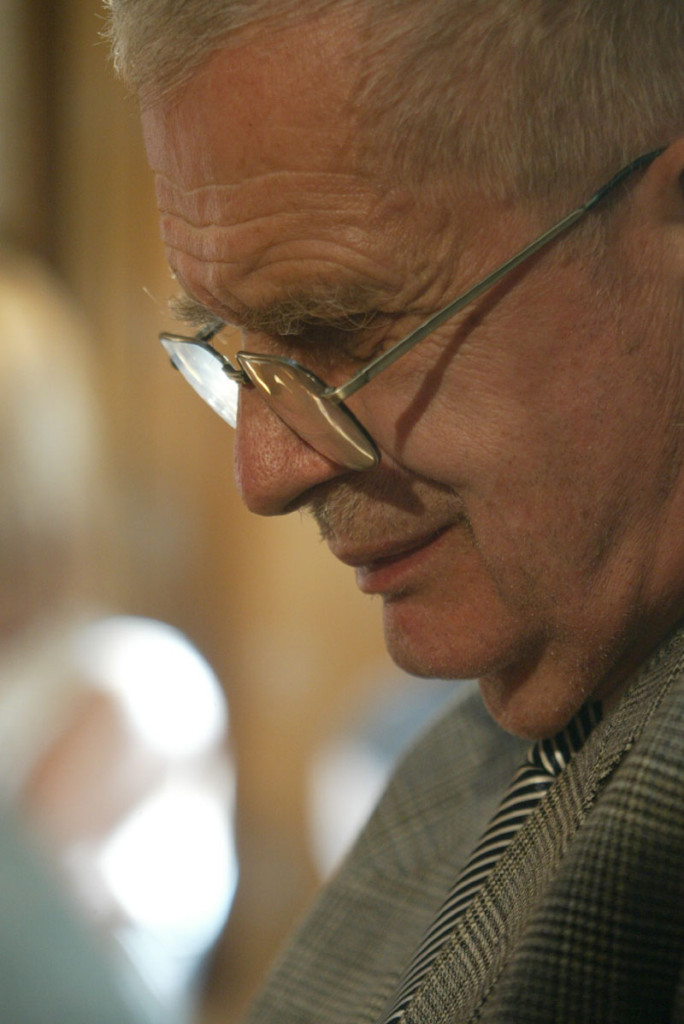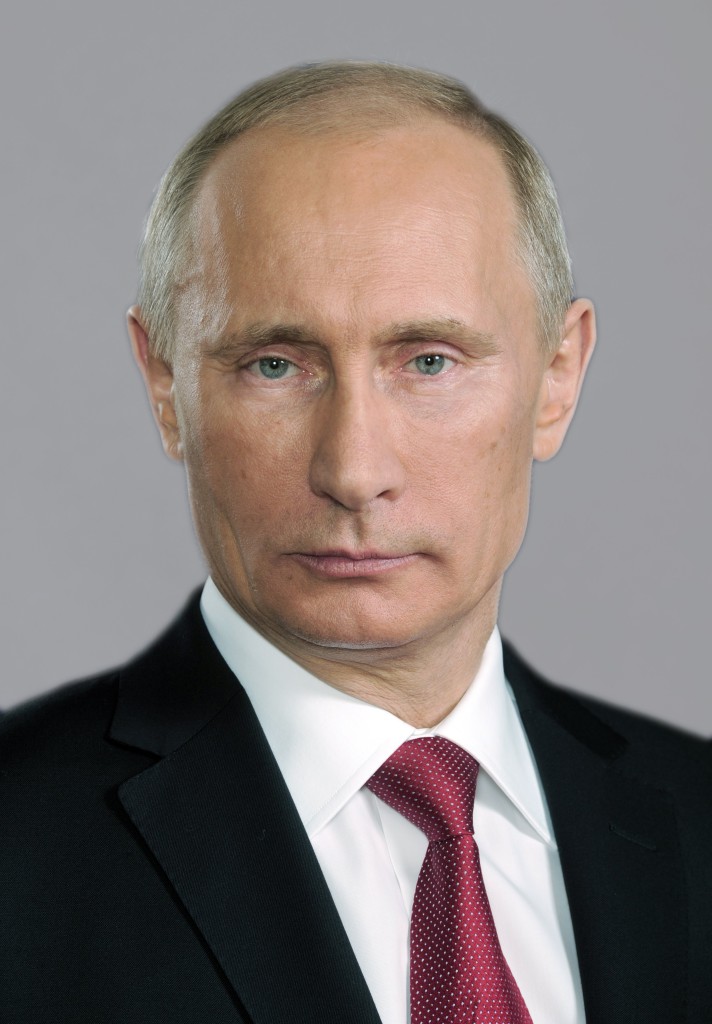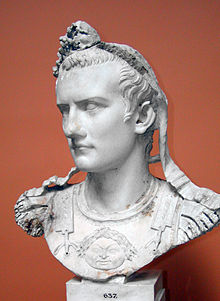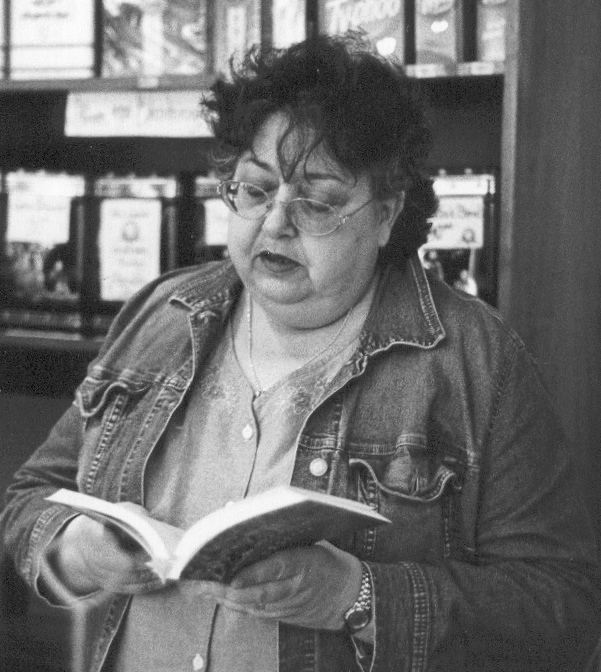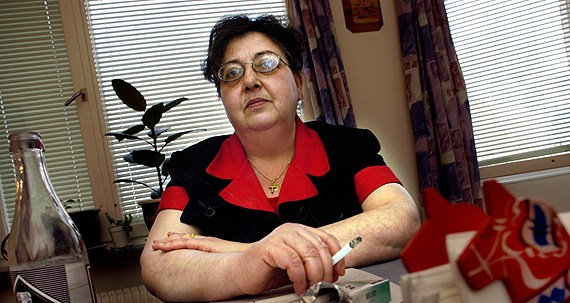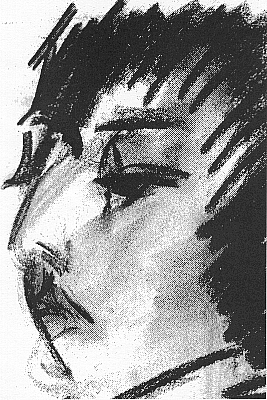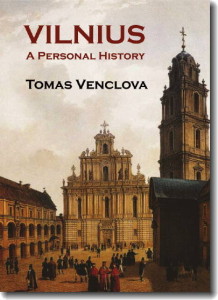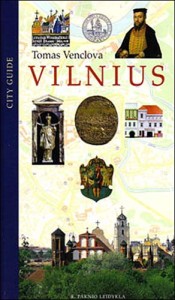Does good literature inoculate us against lies? Poet Tomas Venclova thinks so.
Sunday, June 3rd, 2018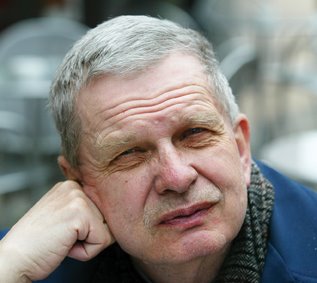
“Above all, love language” (Photo: Dylan Vaughan)
I was one of the few people to review Magnetic North, the great Baltic poet Tomas Venclova‘s book-length Q&A with poet and translator Ellen Hinsey – certainly in the West, when I wrote for the Times Literary Supplement earlier this year. The book was never going to get a huge commercial audience, certainly, but seeing the long excerpt in the current Music & Literature makes me wonder if the book will have a second (and maybe third and fourth) life in excerpts.
I’m willing to help the process along, so here is an excerpt of the excerpt in the tony online journal (and if you don’t know Music & Literature, you should):
Before we go on to speak about other poems, I’d like to ask about poetic inspiration. In her book Hope Against Hope, Nadezhda Mandelstam says that for poets “auditory hallucinations” are a reoccurring occupational hazard, and that Osip Mandelstam experienced poetic inspiration as a musical phrase insistently ringing in his ears. Early on, did you notice any particular sensations that heralded the onset of a poem?
I’m not a very musical person. My imagination is more visual than aural: I admire (and, I hope, understand) architecture and painting, and I love Bach, Handel, and Purcell primarily because they remind me of architecture. Thus, the phenomenon of auditory hallucination described by Nadezhda Mandelstam comes to me not so much as musical phrases sensu stricto, but rather as rhythmic units that can also be understood in spatial terms. But yes, I experience an insistent and intrusive, even irksome feeling of something constantly repeating itself and demanding a liberating effort. It is frequently preceded by a general feeling of unease and a bout of bad mood. In my youth, I learned to understand this as the signal: “A poem is coming.”
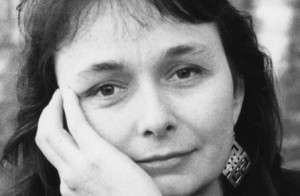
Interlocutor
The passage above was the first that caught my eye in the Music & Literature article, but then another further dow, picked up a theme I’d discussed only a few days ago in The Book Haven post, “’Bro – he lives!’ Joseph Brodsky on the morality of uselessness, and the need to ‘switch off’. The Lithuanian poet Venclova’s work, from the beginning “constituted his own specific universe,” as his interlocutor, said his translator, Ellen Hinsey.
I think Brodsky had in mind not just Soviet reality, but reality as such. True, Soviet reality was grimmer than most. After the nightmare of the camps and executions, from which we were trying to awake (to quote Stephen Dedalus, whose experience was milder than ours), we were confronted by an ugly and monotonous present that promised no further change. We were surrounded by the absurd. And that was only a part—one of the worst parts, to tell the truth—of the chaos and nonsense of life. Poetry—and art in general—was a way of resisting that chaos, holding it at bay. This also had political consequences. Politics, seen from this perspective, was something transitory (even if one had to make decent choices in everyday life). On the other hand, it would be an overstatement or even a distortion to assert that we were totally apolitical in our work. The stifling Soviet atmosphere, aggravated by the smug audacity of the authorities, provoked not only disdain, but resentment and indignation that could not help but find its way into our verses. …
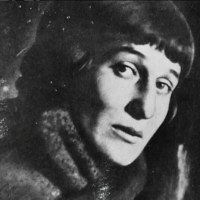
Everything possible
Akhmatova frequently speaks about how the Soviet period robbed individuals of the chance to live out their own destinies. In your “A Poem about Memory,” and elsewhere, you reflect on “such a shortage of authentic fate—”
In her magnificent poem, the fifth “Northern Elegy,” Akhmatova speaks about all the things she was denied due to the circumstances of her era. She nevertheless states that she perhaps did everything that was possible in the only life left to her. I was stunned by these proud words. Naturally, our situations were not comparable, but in “A Poem about Memory,” I attempted to understand the way to “do everything possible.” …
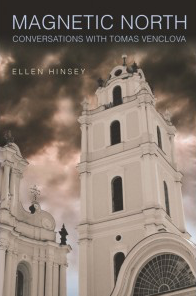
He loves architecture.
All literature of quality provides the reader with patterns and insights that enable him or her—perhaps not systematically, but frequently enough—to resist false doctrines. Poetry, in particular, is somewhat mysteriously linked to ethics; and poetic discipline to the fortitude of the spirit. Many poets, including Zbigniew Herbert and Akhmatova—and her protégé, Joseph Brodsky—insisted that refusal to succumb to evil is primarily a matter of taste. I was of the same mind. …
Thus the human quality of tenacity also becomes an important component of personal and poetic ethics. Or as you described in “A Poem about Friends,” dedicated to Natasha Gorbanevskaya, and written after the 1968 demonstration against the invasion of Czechoslovakia in Red Square: “And those who live are chosen by the fog, / Deserted houses, journeys into the distance, / Their weapons are staunchness, abstinence from speech”—
During this period, it seemed as though the course of events were governed by laws of raw power, that is, by statistics. The force of words and human solidarity were our means to counter this, even if this meant prison or exile, as was the case for many of my friends. Speech—or, at least, a silent refusal to lie—was the axis of their existence. I tried to convey this in the very title of my book.
And the title of the book is Magnetic North. Read the Music & Literature piece here.

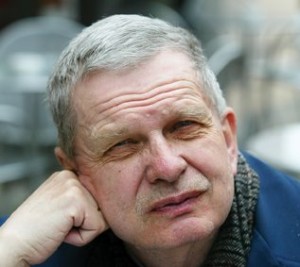

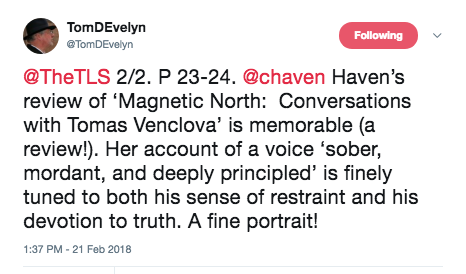
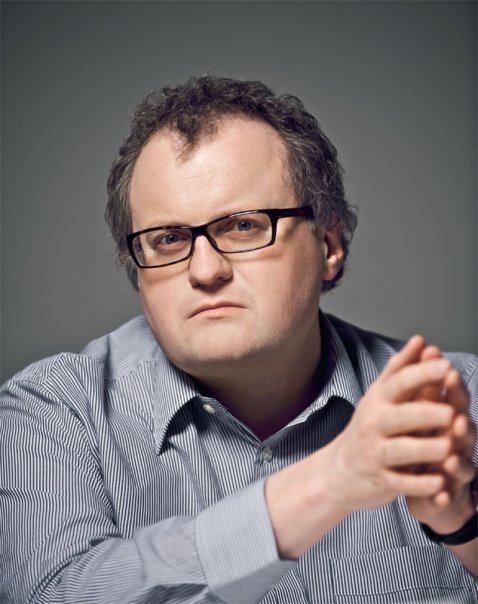
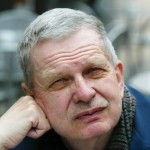
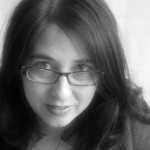
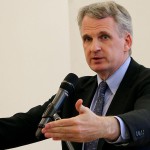
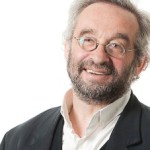 Mikhail Iossel, author of Every Hunter Wants to Know: A Leningrad Life and contributor to The New Yorker: I am absolutely devastated. I loved him dearly. He was one of the most brilliant, altogether remarkable people I have ever met, one of Europe’s leading public intellectuals, one of world’s most interesting philosophers and social thinkers, an enormously erudite and prolific scholar and a passionate patriot of his country, son of Holocaust survivors and member of the European Parliament – a
Mikhail Iossel, author of Every Hunter Wants to Know: A Leningrad Life and contributor to The New Yorker: I am absolutely devastated. I loved him dearly. He was one of the most brilliant, altogether remarkable people I have ever met, one of Europe’s leading public intellectuals, one of world’s most interesting philosophers and social thinkers, an enormously erudite and prolific scholar and a passionate patriot of his country, son of Holocaust survivors and member of the European Parliament – a